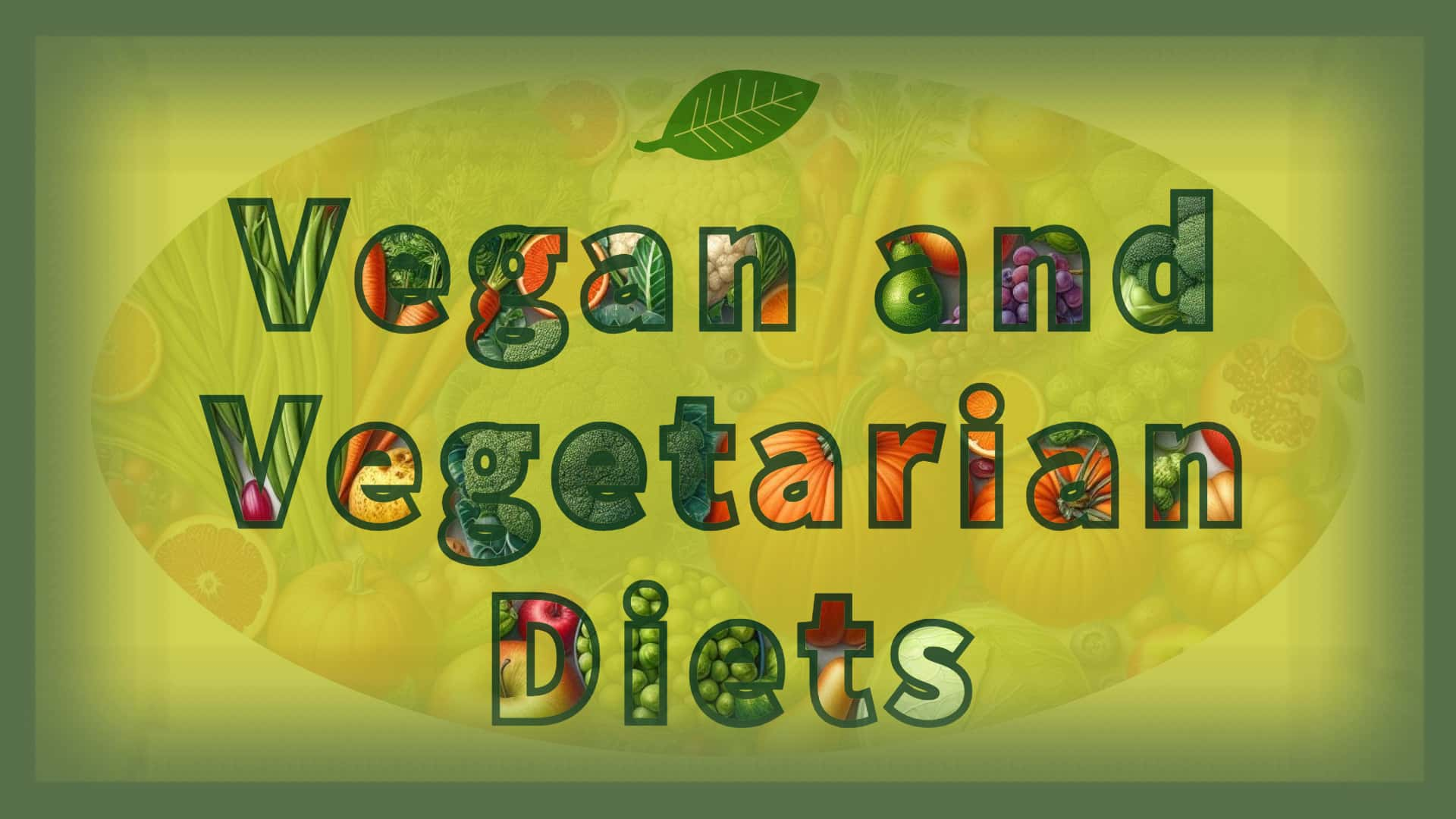Disclosure: All products recommended in Living Up Blog have been selected by the founder and contributing authors. Some posts include affiliate links, and when you buy something through one of the links, I may earn an affiliate commission at no extra cost to you. As an Amazon Associate, I earn from qualifying purchases. View the full disclaimer for more information. October 14, 2024 ByAna Rivas <h1>Understanding the Basics of Vegan and Vegetarian Diets</h1> An informative guide on vegan and vegetarian diets, clarifying definitions, nutritional aspects, and common questions for a healthier lifestyle.</p> <img src=”http://livingup.blog/wp-content/uploads/elementor/thumbs/Vegan-and-Vegetarian-Diets-qvknve2zld0rn6iqzb8qqdsklqk17b29bqnlrdmmjg.jpg” alt=”a title with a green background and letters with the background of fruits and vegetables that read vegan and vegetarian diets”> <p>I’ll be honest, even though I know eating vegetables, fruits, grains, and legumes is better for my health and our world, I am still working hard at avoiding meat. In this article, I want to learn more about veganism and vegetarianism and explore what the research says about these dietary lifestyles that have been gaining popularity in recent years. Veganism is a plant-based diet that excludes all animal products. On the other hand, vegetarianism focuses on plant foods but allows for dairy, eggs, and some variations. The key difference between vegans and vegetarians lies in their exclusion or inclusion of animal-derived products. Both veganism and vegetarianism emphasize a more sustainable and ethical approach to food consumption, promoting health benefits through a diet rich in fruits, vegetables, whole grains, nuts, seeds, and legumes. Importance of Understanding Vegan and Vegetarian Diets. Whether you’re a staunch vegan, a devoted vegetarian, or just a curious omnivore wanting to explore different dietary choices and understanding the basics of vegan and vegetarian diets may have yet unknown benefits. By delving into the principles of these diets, individuals can make informed decisions about their food choices and lead healthier lives. These diets go beyond just knowing what foods to eat, but recognizing the impact on your overall well-being. From reducing the risk of chronic diseases to promoting sustainable living practices, vegan and vegetarian diets offer a holistic approach to nourishing both body and mind. So, whether you’re considering making the switch or simply want to expand your culinary horizons, grasping the importance of these dietary lifestyles is key to embracing a more conscious way of eating. Ethical Reason to adopt a vegan or vegetarian diet It’s essential to understand that while both vegans and vegetarians avoid consuming meat, their reasons for doing so can vary widely. Some choose these diets for ethical reasons related to animal welfare or environmental concerns, while others focus on the health benefits associated with plant-based eating. Ethically, choosing a vegan or vegetarian lifestyle has a positive impact on the environment by reducing our carbon footprint. Vegan diets especially tend to be more sustainable since they require fewer resources like water and land compared to omnivorous diets that rely heavily on animal agriculture. The overlap between vegan and vegetarian diets showcases the shared values of compassion for animals and environmental sustainability that unite those who choose plant-based lifestyles. Definitions and Differences Let’s uncover the distinctions between dietary choices that eliminate a specific group of food. Omnivore This group of people is the majority of the population, people who eat a diet balanced between plant and animal-based foods. Vegan A vegan diet is a plant-based diet that excludes all animal products. This means no meat, poultry, fish, dairy, eggs, honey, or any other animal-derived ingredients are consumed. Vegans rely on a wide variety of fruits, vegetables, grains, legumes, nuts, seeds, and plant-based alternatives to fulfill their nutritional needs. One of the core principles of a vegan diet is compassion towards animals and the environment. By choosing not to consume animal products or by-products, vegans aim to reduce harm to animals and lessen their environmental impact. It’s important for vegans to ensure they are getting all essential nutrients through a well-balanced diet that may include fortified foods or supplements for nutrients like B12 and omega-3 fatty acids that are commonly found in animal products. Fortunately for all of us, today our markets are saturated with vegan options to traditional items such as yogurts, and milk, and by-products such as mayonnaise. Vegetarian Vegetarianism typically involves abstaining from meat but may include dairy and eggs in some variations. Vegetarians may choose to include animal-derived products based on personal preferences or specific dietary needs. Within vegetarianism, there are different subcategories based on what is included or excluded from one’s diet. For example, types of vegetarian diets may allow for different levels of flexibility when it comes to incorporating animal products. Pescatarians fall into this spectrum—while they do not consume meat from land animals, they do include fish and seafood in their diet. Some vegetarians include dairy products such as milk, cheese, and yogurt in their meals and are known as lacto-vegetarians. On the other hand, ovo-vegetarians incorporate eggs into their plant-based diets. If someone chooses to exclude both dairy and eggs from their diet but still consumes honey, they fall under the category of a pollotarian vegetarian. It’s fascinating how diverse and flexible vegetarian diets can be while still adhering to the core principle of abstaining from animal flesh. Understanding these definitions and differences can help individuals make informed choices about their dietary preferences based on personal beliefs, health goals, or environmental considerations. Whether you’re an omnivorei looking to incorporate more plant-based meals into your routine or considering a transition to veganism for its health benefits, knowing the distinction between vegan and vegetarian lifestyles is essential for navigating the diverse landscape of dietary options available today. Key distinctions summary Vegans strictly avoid any animal products or by-products in their diet, including meat, dairy, eggs, and even honey. It’s all about embracing a plant-based lifestyle in every aspect of their food choices. Vegetarians also abstain from consuming meat but may include dairy products and eggs in their meals. They focus on plant-based foods but have a bit more flexibility compared to vegans. Pescatarians,



